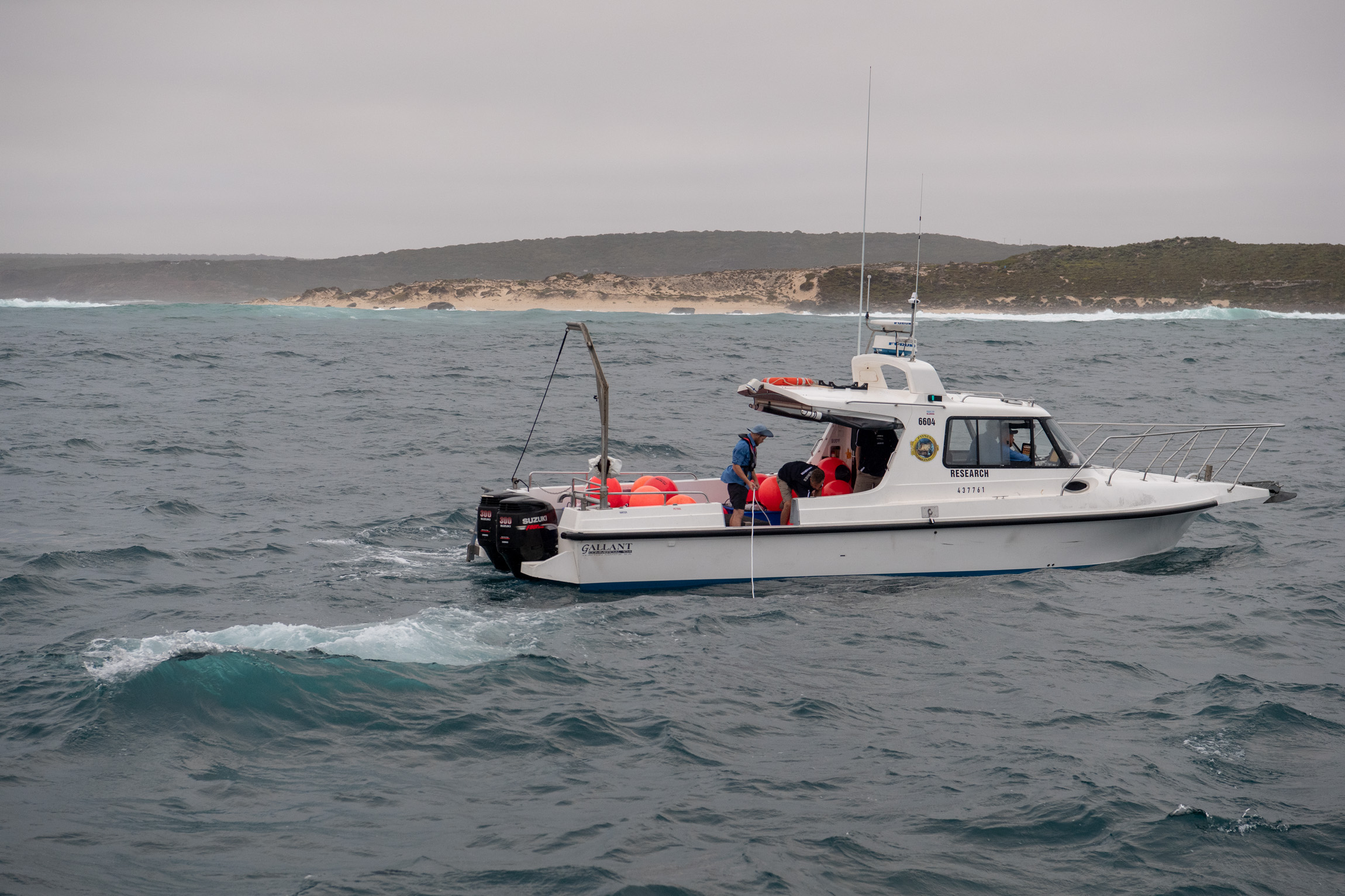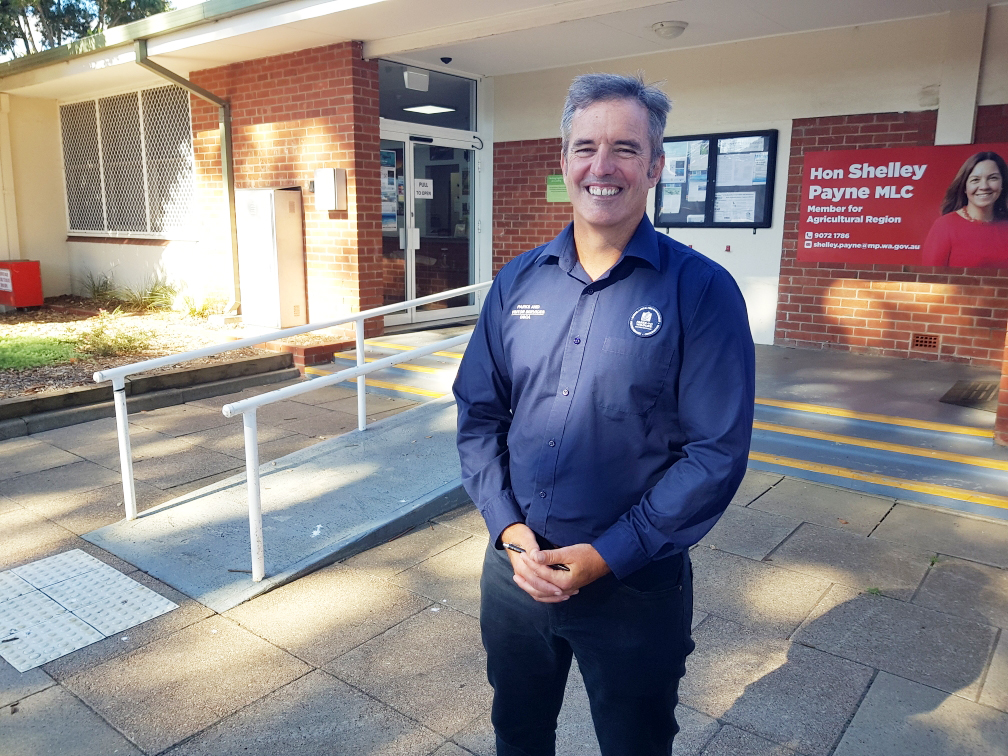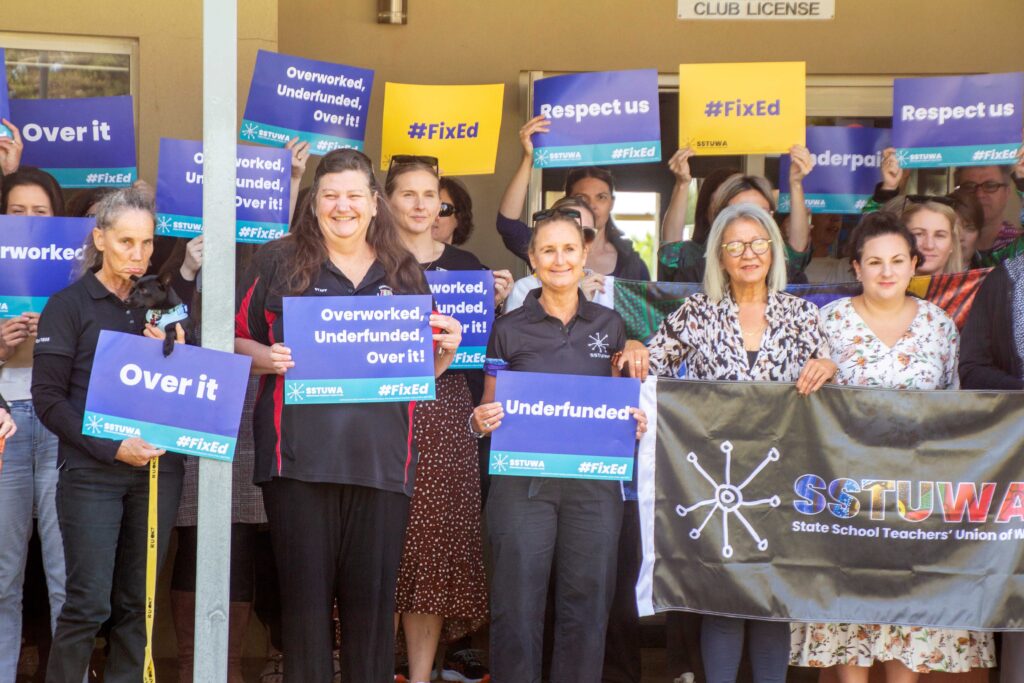Deployment of SMART drumline technology in 2019 as part of the trial off Gracetown. Photo: DPIRD.
Esperance Ocean Safety and Support chairman Mitchell Capelli is “demanding” the WA Government reassess shark mitigation strategies in Esperance to address what he describes as a growing, ignored threat.
After 37-year-old Steven Payne lost his life to a white shark at Wharton beach three weeks ago, Mr Capelli posted a statement on social media, reiterating the same message he said he had stood by since 2017.
“We request the Department of Primary Industries and Regional Development build capacity within the Esperance community to enable an immediate and effective response to white shark threats and attacks,” Mr Capelli wrote.
He said SMART drumlines were an effective and necessary strategy to deal with sharks that posed a threat or that have attacked.
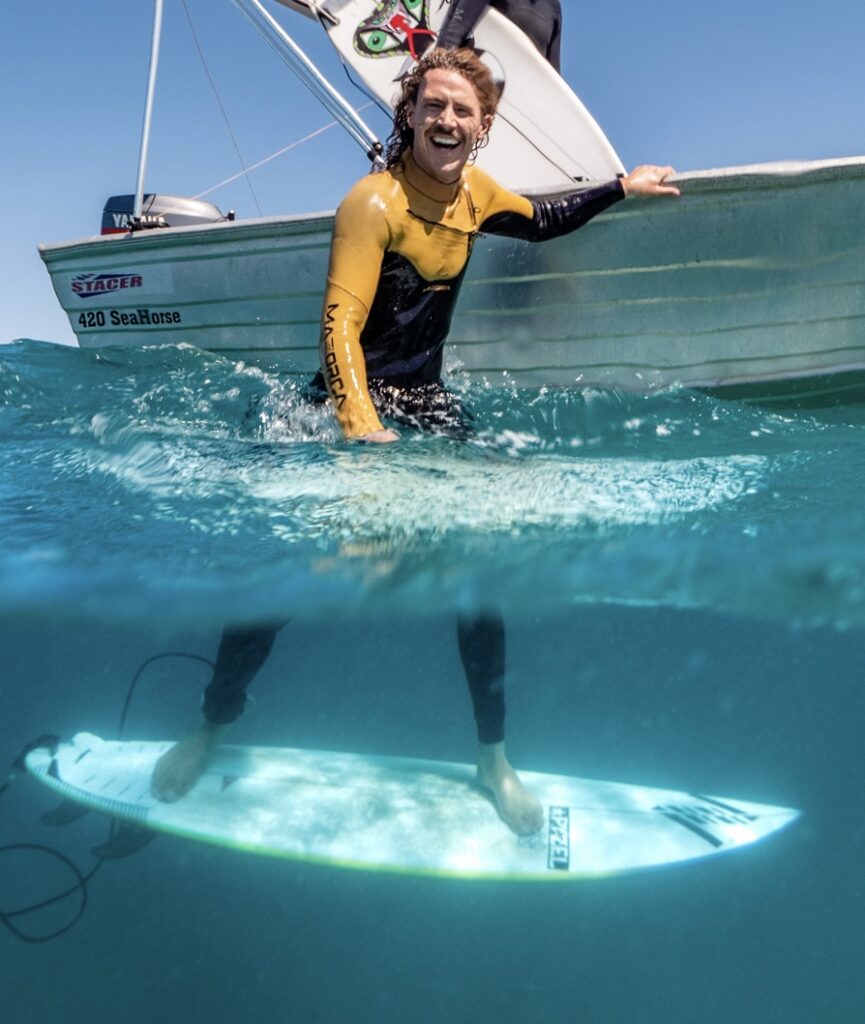
SMART drumlines & mitigation strategies
As opposed to lethal drumlines, SMART drumlines provide DPIRD real-time alerts to sharks that take bait so authorities can respond immediately, tagging and releasing the hooked shark.
Though they are used in NSW, SMART drumlines have not been used in WA since they were deemed ineffective in the 2019-2021 Gracetown trial, where only two white sharks were caught.

“WA’s Chief Scientist Professor Peter Klinken concluded SMART drumline technology was not effective as a shark mitigation measure in Western Australian conditions,” a government spokesperson said.
“[It] provided no demonstrable value in reducing the potential risk posed by white sharks off the Southwest coast.”
The spokesperson said the State Government’s shark mitigation strategies were guided by fisheries science and assessed to ensure they worked.
In reference to shark monitoring receivers and shark tagging programs that operate in Esperance, the spokesperson said: “Western Australia has one of the strongest shark mitigation programs in the country”.
While he believed current mitigation strategies were a step in the right direction, Mr Capelli said things like shark shields and shark tagging were still not enough.
He said shark shields were unreliable, unsuitable for surfboards and were scarce since the manufacturer Ocean Guardian went into administration late last year.
“How are you even supposed to get one? You can’t,” he said.
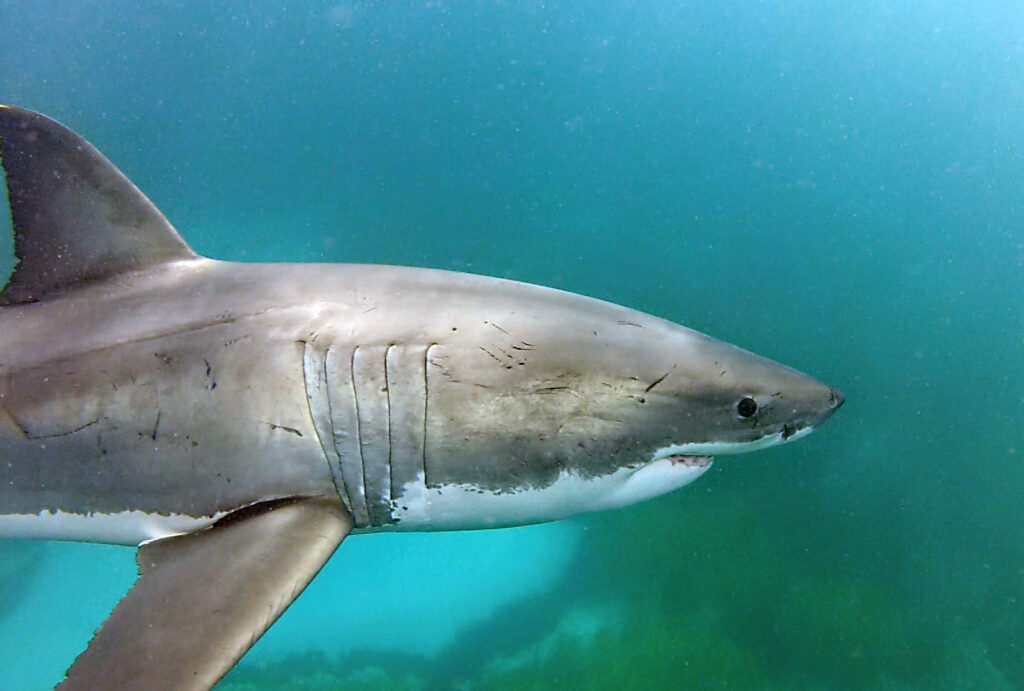
Attack response
In a recent statement, the family of Steven Payne advised they were against culling sharks and said they believed Mr Payne would feel the same.
Mr Capelli acknowledged the family’s sentiments but said the shock and trauma caused by the attack was felt by many and it was something that wouldn’t go away.
“Every attack reopens wounds for survivors, families, and the community,” he said.
“The pain does not fade.
“Local surf culture has suffered; many no longer feel safe in the water, many have moved, many will leave, many have kids now.”
He said without the “removal” of the responsible shark, there was a risk of a repeat attack.
“We have a dangerous animal that’s now got a taste, learnt a behaviour and encouraged to do it again?” he said.
“Where else in the world does this happen?”
Mr Capelli said Esperance was “worst place in the world to be an ocean lover” and without intervention, it was only a matter of time before history repeated itself.
To change the pattern, Mr Capelli said Ocean Safety and Support would benefit from having more people in Esperance prepared to raise their voice.
“The people of Esperance are not disposable,” he said.
“We will take this to Parliament.
“Surfers, divers, fishers and families; we need you to stand with us and demand action.
“People outside our region may have an opinion, but they do not live this reality.”

